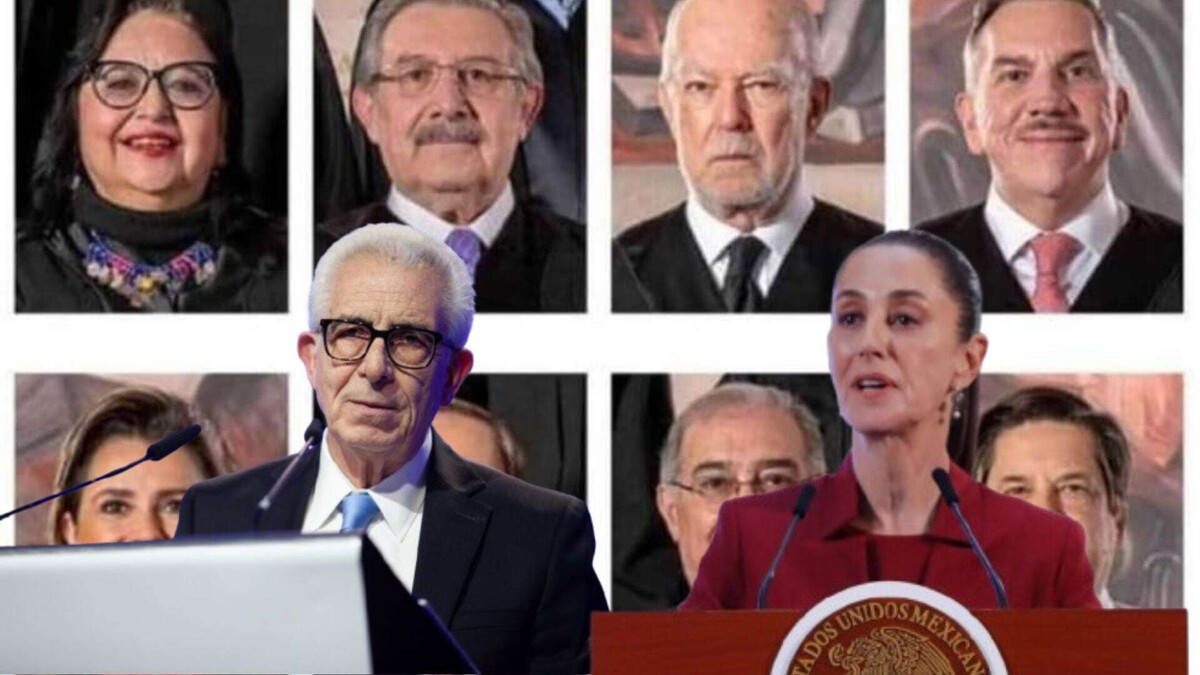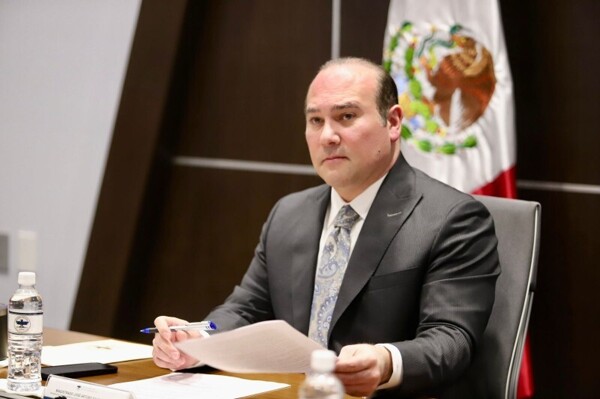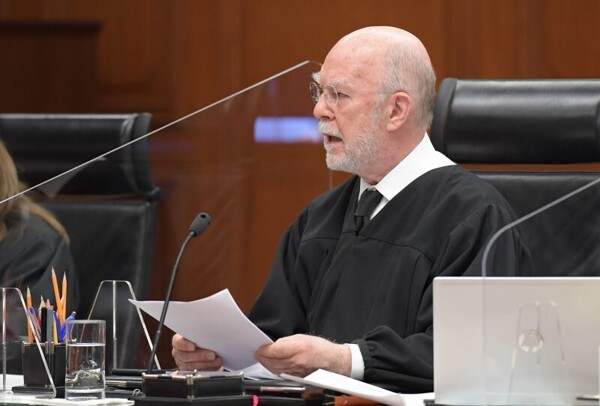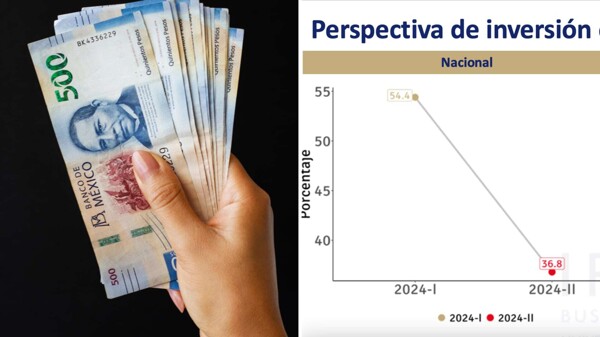
The recent reform published in the Official Journal of the Federation marked a milestone in the Supreme Court of Justice of the Nation (SCJN), establishing that ministers who do not continue in their positions after the extraordinary election of 2025 will not receive a retirement benefit unless they submit their resignation before the deadline for the call. This provision has generated controversy, especially regarding the potential resignation of eight prominent ministers, including the president of the Court and the Federal Judiciary Council, Norma Piña Hernández.
In a recent conference, the president of the Court, Norma Piña Hernández, mentioned that those who submit their resignation before the established date will be able to take their retirement, which has led to debates about the appropriateness of this situation. The possible mass resignation of these ministers has been interpreted in various ways, with opinions ranging from considering it an advancement in the history of the country to questioning the possible motivations behind this decision.
In 1994, a constitutional reform reduced the number of ministers in the SCJN from 26 to 11, arguing that this would optimize their functioning and ensure greater specialization and professionalism. This restructuring also included the creation of the Federal Judiciary Council and the immediate retirement of the ministers in office at that time. Despite the importance of these changes, the renewal of the SCJN did not receive the media attention it deserved back then.
Currently, supporters of Morena have requested President Claudia Sheinbaum to apply a "zedillazo" to prevent the ministers from retiring with a millionaire pension, referencing the Judicial Reform promoted by Ernesto Zedillo Ponce de León during his presidency in Mexico (1994-2000). This call reflects a desire for a restructuring similar to that carried out in the 90s, but raises questions about the appropriateness and motivations behind the proposed resignations today.














